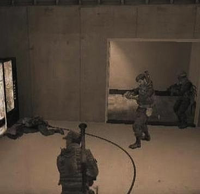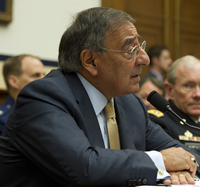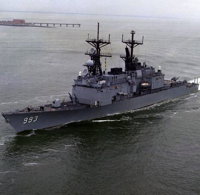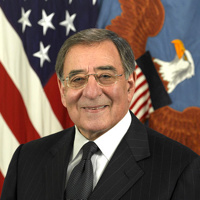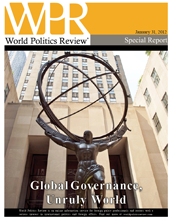
Whether it was in global security, economic governance, nonproliferation efforts or climate change negotiations, a host of transnational challenges put the spotlight on global governance institutions in 2011. This WPR special report examines the issues and institutions of global governance through articles published over the past year. Below are links to each article in this special report, which subscribers can read in full. Not a subscriber? Purchase this document for Kindle or as a PDF from Scribd. Or subscribe now. The United Nations U.N.’s Preventive Diplomacy Deserves More Than Just Lip ServiceBy Richard Gowan and Emily O’BrienSeptember 21, 2011 Defending […]



